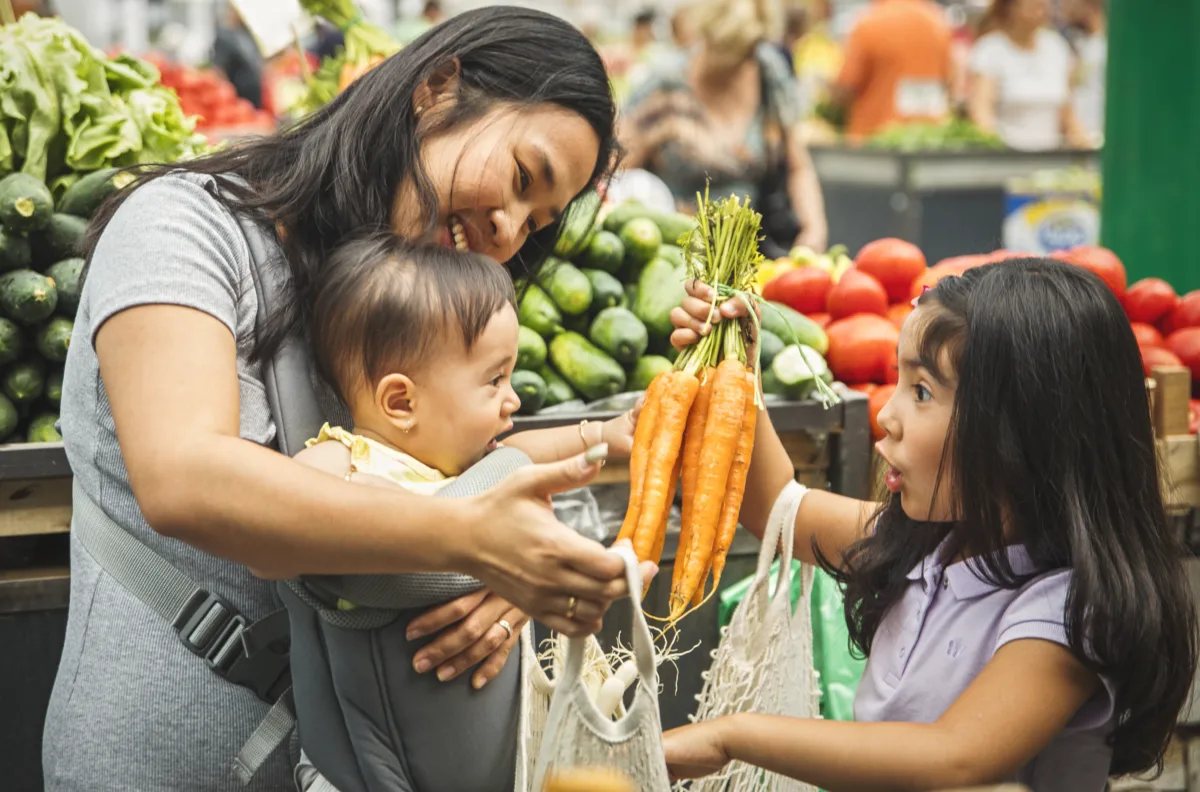All people deserve to live in an environment that supports their health, and access to safe, nutritious, and affordable food is one of the building blocks for a healthy community. But in reality, structural racism and oppression embedded into our food system for centuries prevents countless Americans—from farmers and food producers to distributors, restaurant workers, retailers, and consumers—from realizing their best health. This history can contribute to a wide range of health challenges, including childhood obesity.
Justice on the Menu, a new report from ChangeLab Solutions, examines the structures and systems causing social and environmental harm to many Black, Indigenous, and other people of color, as well as people from communities that earn low incomes. And it offers recommendations for advancing and sustaining racial justice in the U.S. food system through collaboration between a wide range of changemakers, including community members, advocates, researchers, funders, storytellers, business leaders, and policymakers.
Food justice is about more than just food. It’s also about the fair distribution of resources, land, and capital; equitable policymaking; and community power. It’s about housing, health care benefits, and paid sick leave for farm and food workers—the majority of whom are people of color—and cash and food assistance to support the economic security of families with low incomes.
Transforming our food system into one that is equitable and racially just requires acknowledging how it has historically failed some members of our communities, and redistributing resources and decisionmaking power into their hands. Featured in the report are community stories where laws and policies have been successfully implemented to improve food justice and health equity. From empowering Black farmers to expanding protections for agricultural workers, these efforts have demonstrated the importance of community leadership in building food sovereignty.
For anyone seeking to center racial justice in food system research, policy, and action, Justice on the Menu is an invaluable resource. It highlights the opportunity that decisionmakers have to advance racial justice through policy strategies, whether by expanding the Child Tax Credit and providing better benefits for food retail workers, or enacting universal school meals and improving housing for farmworkers.
Justice on the Menu was produced with support from RWJF.


